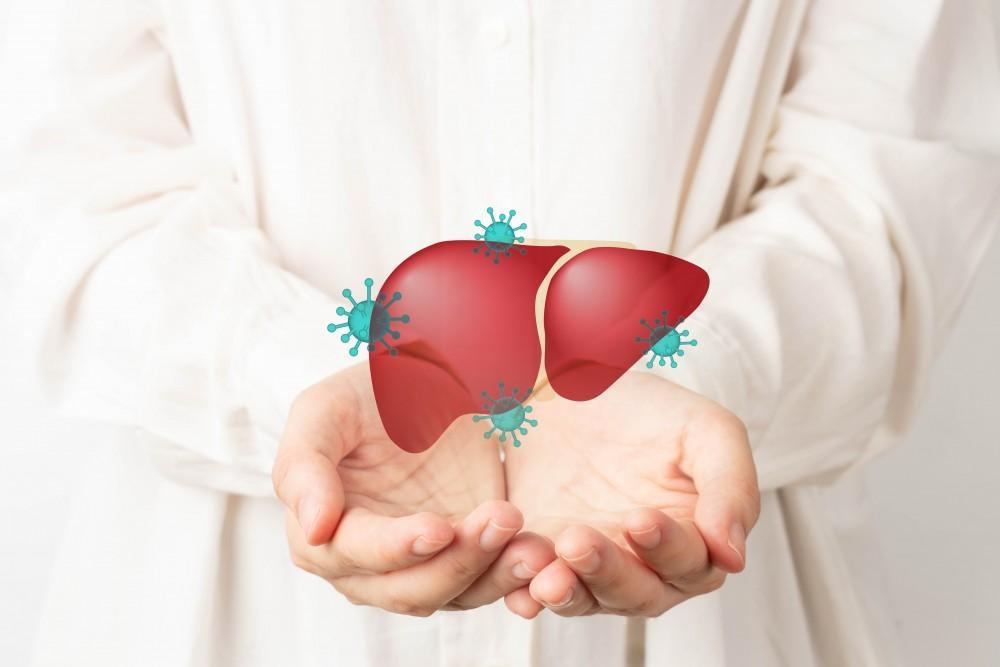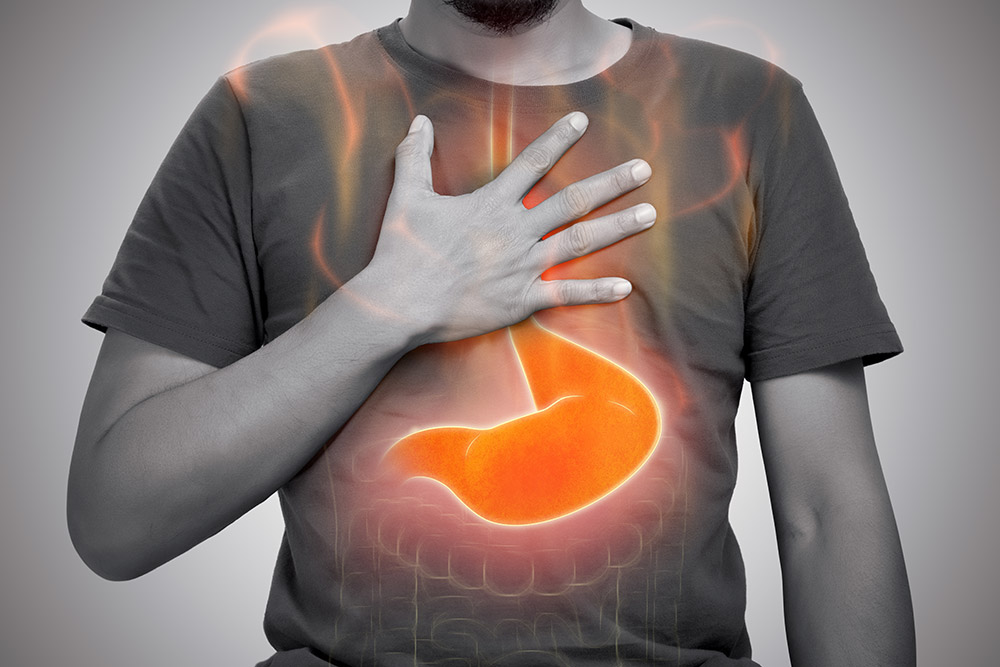Expert Treatment for Rectal Cancer by Dr. Bharat Pothuri
Dr. Pothuri uses a step-by-step approach:
Medical History and Exam
He reviews your symptoms (onset, duration, quality), dietary habits, medication use (NSAIDs, alcohol), and risk factors for GERD, ulcers, or pancreatic disease.
Blood Tests
We check complete blood count (for anemia), liver enzymes (AST, ALT), pancreatic enzymes (amylase, lipase), and H. pylori serology or stool antigen when ulcer is suspected.
Imaging Studies
- Abdominal ultrasound to evaluate gallbladder stones, liver pathology, or pancreatic enlargement.
- Upper endoscopy (EGD) to directly visualize the esophagus, stomach, and duodenum-biopsies can be taken for H. pylori or celiac disease.
Advanced Testing (if needed)
pH monitoring or esophageal manometry for refractory reflux; gastric emptying study if gastroparesis is suspected; CT/MRCP to assess pancreatic or biliary anatomy.
Frequently Asked Questions
What is the survival rate for stage 4 rectal cancer?
The five-year survival rate is about 14-20% and depends on how the cancer responds to treatment.
What is the ICD-10 code for rectal cancer?
The ICD-10 code for rectal cancer is C20.
How is rectal cancer diagnosed?
Diagnosis involves a colonoscopy with biopsy, followed by CT or MRI scans to check for any spread.
Can diet lower my risk of rectal cancer?
Yes. Eating more fruits, vegetables, whole grains and cutting back on red and processed meats may help lower your risk.
When should I begin colorectal cancer screening?
Screening usually starts between ages 45 and 50. If you have a family history of colorectal cancer, you may need to start earlier.
What is the overall five-year survival rate for rectal cancer?
Across all stages, the five-year survival rate is about 67%.
Can advanced rectal cancer be treated?
Yes. Dr. Pothuri offers comprehensive care-including surgery, chemotherapy, and radiation therapy-for advanced cases.












